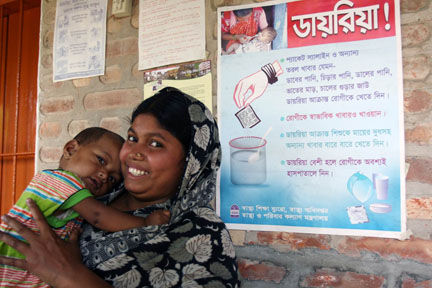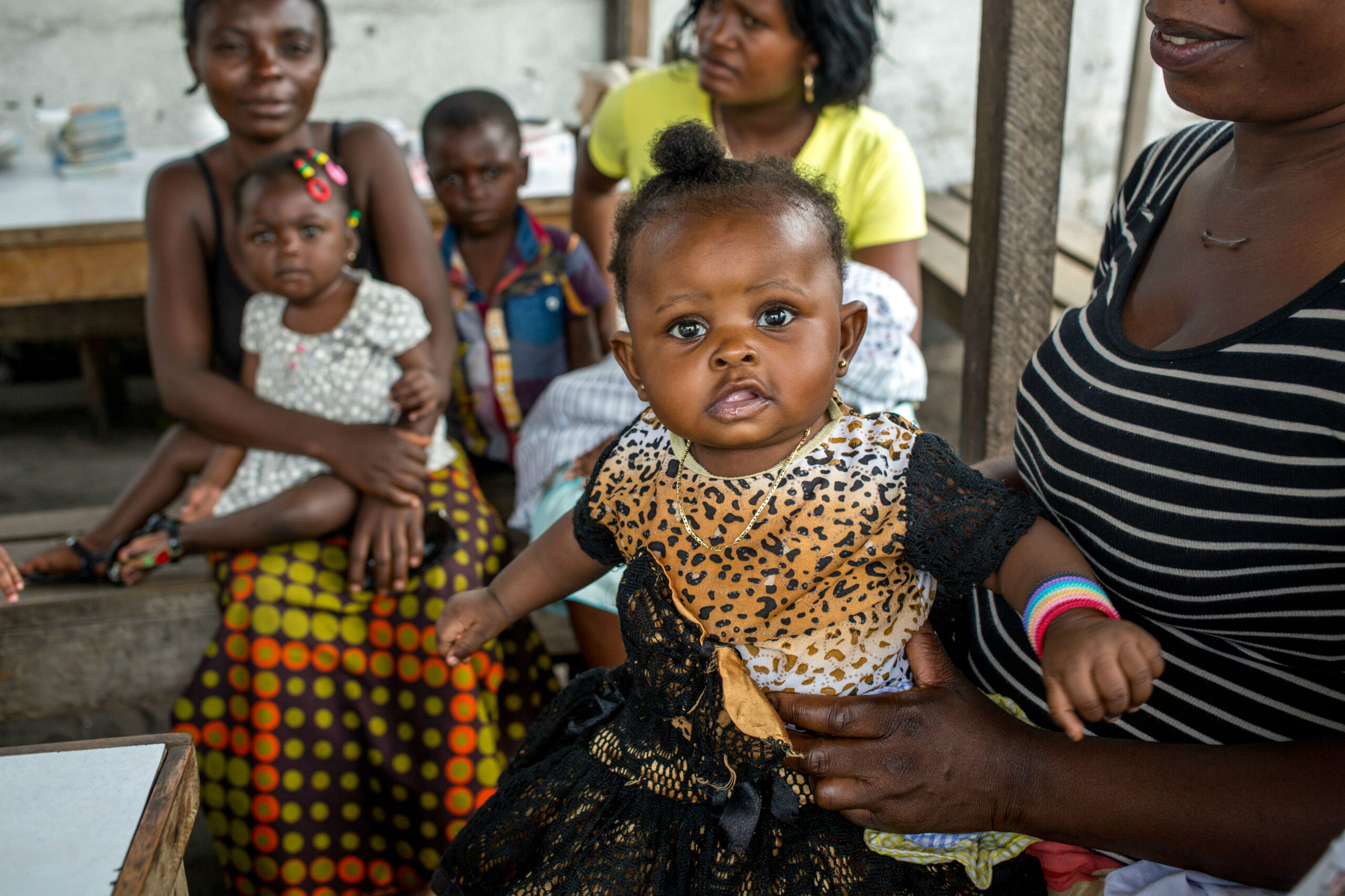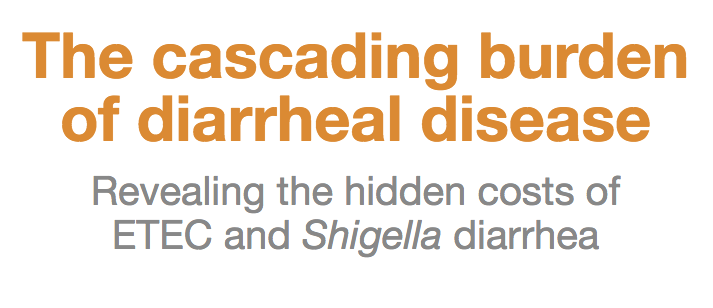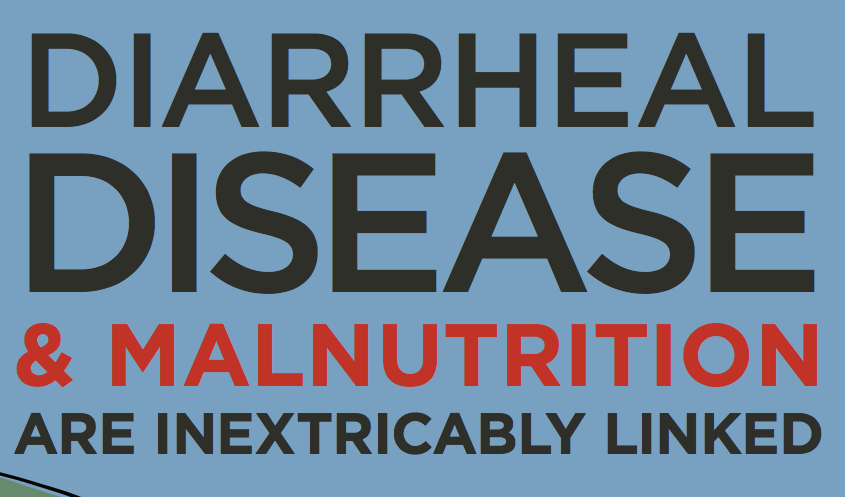
Bangladesh: ORS and rotavirus vaccines

International Centre for Diarrhoeal Disease Research, Bangladesh: A global leader
In 1971, a cholera outbreak ravaged camps of refugees from the Bangladesh Liberation War. Supplies for intravenous rehydration, upon which physicians had relied for decades, were dwindling fast. A forward-thinking Indian physician, Dr. Dilip Mahalanabis, director of the International Centre for Diarrhoeal Disease Research, Bangladesh (icddr,b), quickly equipped his team with oral rehydration solution, packets of a relatively new salt and sugar combination that were simple to distribute and administer, and available in large quantities. Such outbreak circumstances often leave 30% of the infected population dead, but this time, fatality stood at only 3.6%.
It’s nearly impossible to understate the impact of ORS on global health. It has saved millions of lives, and put healing powers into the hands of families who can buy packets for pennies and prepare and administer treatment at home. Similarly, it’s also difficult to fully describe the decades-long mark made by icddr, b on global health.
What began as an effort to study and overcome cholera in Bangladesh has expanded to 10 research centers that bridge research and discovery with policy and impact in several medical disciplines. Child health and waterborne diseases remain priorities, and expansion over the years has built expertise in HIV/AIDS, chronic diseases, reproductive health, and more.
Throughout its growth, icddr,b has remained a global resource for diarrheal and enteric diseases. The institution has been a leader as well as a key partner in research on important diarrheal interventions. In collaboration with PATH, icddr,b evaluated the performance of rotavirus vaccines in low-resource, high-burden populations, with resulting data informing the World Health Organization’s global recommendation on the introduction of rotavirus vaccines. We continue to work together to address solutions for overcoming diarrheal disease as well as other resilient child health threats.
To learn more about icddr,b, please visit their website.
Check out this slideshow of PATH’s visit to Bangladesh to document our collaboration with icddr,b to research rotavirus vaccines.


